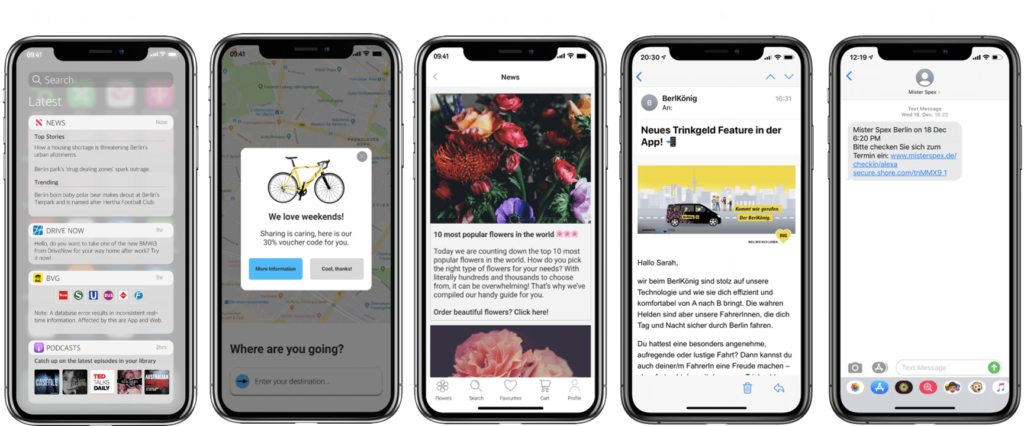Author: Steffen Meyer, Mobile Marketing Content Specialist
Customer Relationship Management has been and still is an incremental part of marketing strategies: It targets existing customers, so that they stay active and loyal to your brand, spend money on extra features and advocate your product.

For apps, such a strategy is especially important, since on average 80% of users never open the app again after downloading it. To avoid user churn, you need to keep more people engaged with your app, and for this, you need a mobile Customer Relationship Management (mCRM) strategy.
Paid user acquisition for mobile apps is not cheap. And if retention rates on mobile are lacking, app publishers are paying to acquire users only to lose them before they generate any profit.
If you want to make your app profitable, retention is the key. And here we are to tell you what this entails.
But first, don’t get confused: mCRM is used in two ways in the marketing world. On the one hand, there are mCRM apps that sales representatives use in the field to access the customer database of their company, on the other hand, there are mCRM strategies which we here at Customlytics develop and execute to bring you more loyal customers.
Understand your users for a smart strategy
The main goal of an mCRM strategy is to keep users engaged with your app. To achieve this, you may use various communication channels, such as:
- Push notifications
- Mailings
- In-App Messages
- Newsfeed
- SMS
- and many more

A good mCRM strategy defines a) which of these channels to use b) for what message and c) for what users. Furthermore, it incorporates tracking and reporting the effects to continuously improve its measures.
The basis for such a strategy is to understand how your users interact with your app, and this starts when they first open it. Ask yourself: Should there be an onboarding process? Do users need to give consent for pushes or e-mails? How do they learn of new features? How do they communicate errors or give feedback? And should there be different messages for inactive and active users?
These and more questions need to be answered and constantly reviewed, since data from these actions will give you more insights into your users, and more insights mean you understand them better, which then results in an optimized strategy.
Don’t be a fool, use a tool
So don’t just fire away push notifications and hope they will somehow reach and activate your users but create user personas, plan campaigns according to different tastes, set your goals, look at the data and recalibrate if necessary.
When this sounds very complex to you that’s because it is.
That is why there are tools out there that help you to manage your mCRM strategy, like Airship, Braze, CleverTap, Leanplum & MoEngage.
They all provide so-called SDK files (Software Development Kit) which you need to integrate into your existing app. This allows the tools to access your app framework and for example send push notifications, while tracking the effects and reporting the data in an easy-to-grasp way.
Furthermore, it lets you automate certain marketing measures. For example, when a user hasn’t opened a mail three days after it got sent out, you can tell the tool to automatically send a reminder. This is effective and efficient since you don’t have to check the clock or the data manually.
This way, you can create very complex mCRM strategies and still keep track of them with low time investment. Without a solid retention strategy, your growth marketing budget is wasted.
More to come on mCRM
If you need help to do it, just drop us a line, and if you want to delve deeper, make sure you bookmark this blog or subscribe to our newsletter because in the next weeks we will cover more details on this topic, like how to set-up an mCRM strategy step by step and which mobile communication channel could be the next big thing.
Until then, check out this whitepaper on mCRM and get our Marketing Master Map to understand how a mCRM strategy fits into your overall marketing strategy. Stay engaged, stay active, read you soon.
💡 Knowledge sharing is at the core of what we do. Learn more about the app industry and discover useful resources by signing up for our newsletter or becoming part of our community on LinkedIn.
Helpful Links:




